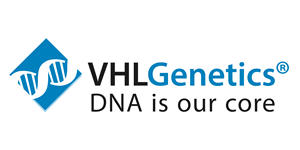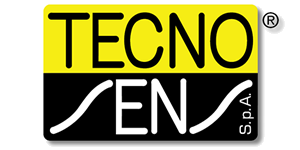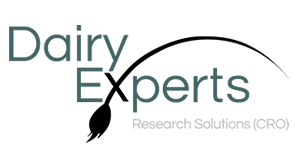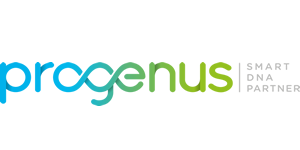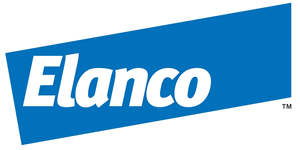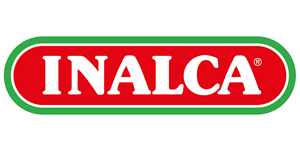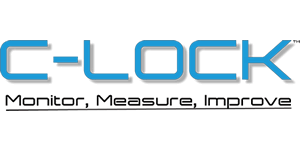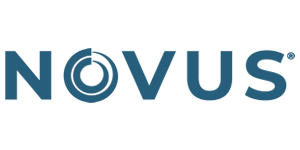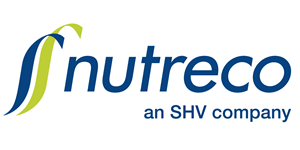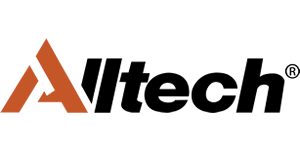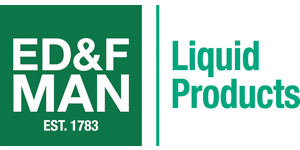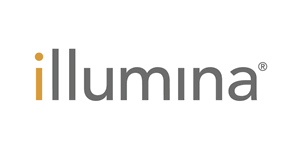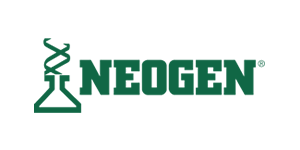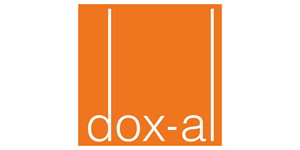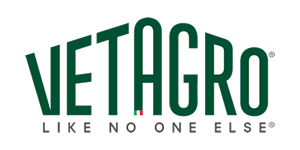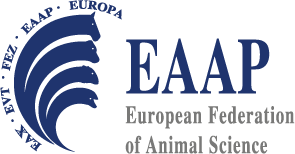Florence 2024
Book of Abstract: Book of Abstract Florence 2024
Sessions
- Session 1. Integrating mitigation and adaptation breeding strategies
- Session 10. Livestock are more than food, Part 1
- Session 11. Insect nutrition
- Session 12. Effectiveness of breeding programs for local breeds in the Mediterranean region and other harsh environments
- Session 13. Sensing Physiology: Tools towards optimising livestock husbandry
- Session 14. Integration of PLF and context data to improve decision making
- Session 15. Role of bioinformatics applied to livestock data – Exploiting structural variation and pangenome-based techniques for livestock
- Session 16. Genomic selection tools for within- and across- herd management in livestock species
- Session 17. Global quality of animal products in 2024: stakeholders’ perceptions, desires, and priorities in a changing world
- Session 18. Sustainable and smart integration of the dairy and beef sectors in EU
- Session 19. Nutritional Models development and applications in livestock farming
- Session 2. Breeding scheme optimization: balancing breeding goal(s), genetic progress and diversity
- Session 20. Functional feed additives in poultry nutrition
- Session 21. Heat stress in pig and poultry production: consequences and strategies to cope with the consequence of the global warming
- Session 22. Innovation in pig genetics
- Session 23. Management measures to reduce production disease
- Session 24. Livestock are more than food, Part 2
- Session 25. Project session ADVAGROMED
- Session 26. Production potential and adaptation of camelid species to extensive, semi-intensive and intensive production systems in arid and semi-arid environments
- Session 27. Physiology of resilience and adaptation to climate change
- Session 28. EU-LI-PHE: Livestock phenomics, incl free communications on livestock phenotyping and phenomics
- Session 29. Reassessing our relationship with farmed animals
- Session 3. N, P and C efficient use and circularity in dairy farms – high utilization, minimal losses
- Session 30. Relationships between environmental efficiency traits – an interdisciplinary approach
- Session 31. Breeding schemes for development of small populations
- Session 32. The role of marbling in beef quality – development, importance, measurement; harmonisation
- Session 33. Mediterranean buffalo farming for sustainable milk and meat production
- Session 34. Nutrition management to reduce methane emission and environmental impact, Part 1
- Session 35. Advances in non-ruminant nutrition, Part 1
- Session 36. Slow-growing meat-type and dual purpose genotypes for conventional and alternative farming systems in the EU
- Session 37. Rethink the transition from suckling to weaning to prevent negative consequences of the stress on pig health
- Session 38. Best-practice in addressing pig welfare on-farm
- Session 39. Building quality into animal products to improve the sustainability of farming systems for the future
- Session 4. Research on young stock care: the journey of calves from gestation onwards
- Session 40. Zooarchaeological research lessons for contemporary livestock management, conservation and genetics
- Session 41. Optimising reproductive physiology of livestock
- Session 42. Digital technologies for management
- Session 43. Digital phenotyping, sensors, ‘omics’ and genetics in enhanced sustainability
- Session 44. Genetics of food quality
- Session 45. Indicators, hi-tech solutions, and tools to effectively manage cattle
- Session 46. Viable future dairy farming systems and products from production, feeding, environmental and consumer viewpoint, Part 1
- Session 47. Nutrition management to reduce methane emission and environmental impact, Part 2
- Session 48. Horse genetics and genomics
- Session 49. Nutrition in health and welfare of ruminants
- Session 5. Innovative and emerging feed and forage resources
- Session 50. Sustainable solutions to support and sustain gut health in monogastric livestock (with project MONOGUTHEALTH), Part 1
- Session 51. Genetic progress vs animal welfare?
- Session 52. Redesigning the trajectory: the contribution of research to the development of resilient Livestock Farming Systems and their role to climate change and biodiversity
- Session 53. Insect genetics, reproduction, physiology and behaviour
- Session 54. Sustainable sheep and goat high-yield production systems: Management, nutrition, mechanization, health, and welfare aspects
- Session 55. Host physiology/genetics and microbiome interactions – The holobiont concept
- Session 56. PLF for health, behaviour and welfare, Part 1
- Session 57. Socio-economic approaches to address the contemporary issues of the horse industry
- Session 58. The role of breeding and genetics in the sustainable transformation of the livestock sector
- Session 59. Milk properties for the valorization of dairy (by-products) manufacturing
- Session 6. Advances in ruminant nutrition, Part 1
- Session 60. Viable future dairy farming systems and products from production, feeding, environmental and consumer viewpoint, Part 2
- Session 61. Advances in fish nutrition
- Session 62. Feeding for improving the nutritional, safety and organoleptic characteristics of animal-derived foods
- Session 63. Improving animal welfare by optimising nutrition/feeding behaviour, Part 1
- Session 64. Sustainable solutions to support and sustain gut health in monogastric livestock (with project MONOGUTHEALTH), Part 2
- Session 65. PLF for health, behaviour and welfare, Part 2
- Session 66. The current and future role of pasture production systems in the mitigation of and adaptation to climate change impacts in livestock farming systems
- Session 67. Innovative insect application and technologies
- Session 68. Small ruminant health and welfare aspects
- Session 69. Epigenetics, adaptation and intergenerational transmission
- Session 7. Emerging practices and tools in horse production
- Session 70. RES4LIVE: (renewable) energy for livestock, incl free communications on energy and sensors for thermal comfort of livestock
- Session 71. Genetic evaluations: new methods, new species, new proxies
- Session 72. Methods in prediction of genetic merit and assessment of genetic diversity
- Session 73. Targeting ecosystem services provision by grasslands and protein self-sufficiency in cattle production
- Session 74. From horse welfare to social license to operate
- Session 75. Advances in non ruminant nutrition, Part 2
- Session 76. Advances in ruminant nutrition, Part 2
- Session 77. Improving animal welfare by optimising nutrition/feeding behaviour, Part 2
- Session 78. Collaboration in experimental research for sustainable pig production (with PIGWEB).
- Session 79. Welfare issues for small ruminants
- Session 8. Innovative approaches to pig and poultry production
- Session 80. Technologies for GHG emission mitigation on farm: options, opportunities and challenges
- Session 81. Safety, sustainability and welfare in the insect
- Session 82. Optimization of pasture forage and by-product resources to improve sheep and goat production
- Session 83. Early life nutrition and its latent impact on growth, lactational and reproductive physiology
- Session 84. PLF systems to face climate change and increase sustainability
- Session 85. Genetics of novel health and welfare traits
- Session 86. Tailored housing and management strategies from incubation to slaughter house, for poultry
- Session 87. Dairy herd management
- Session 88. How the dairy sector copes with EU-Green deal
- Session 89. Free communications in animal nutrion
- Session 9. Alternative production systems and free communications in animal behaviour and welfare
- Session 90. Nutrition and feeding in the circular economy
- Session 91. Young EAAP session. Project writing: tools, opportunities and experiences
- Session 92. Good practices in experimental research for sustainable pig production (with PIGWEB)
- Session 93. Preventive approaches to livestock diseases to reduce drug resistance
- Session 94. Living labs and demonstration farms: approaches to improve sustainability of LFS globally
- Session 95. Insects as food & feed
- Session 96. Optimization of technical, economic, and environmental efficiency in sheep and goat production systems
- Session 97. Biological mechanisms regulating inflammatory and energy metabolism in livestock species
- Session 98. Nutrition in health and welfare in monogastric animals
